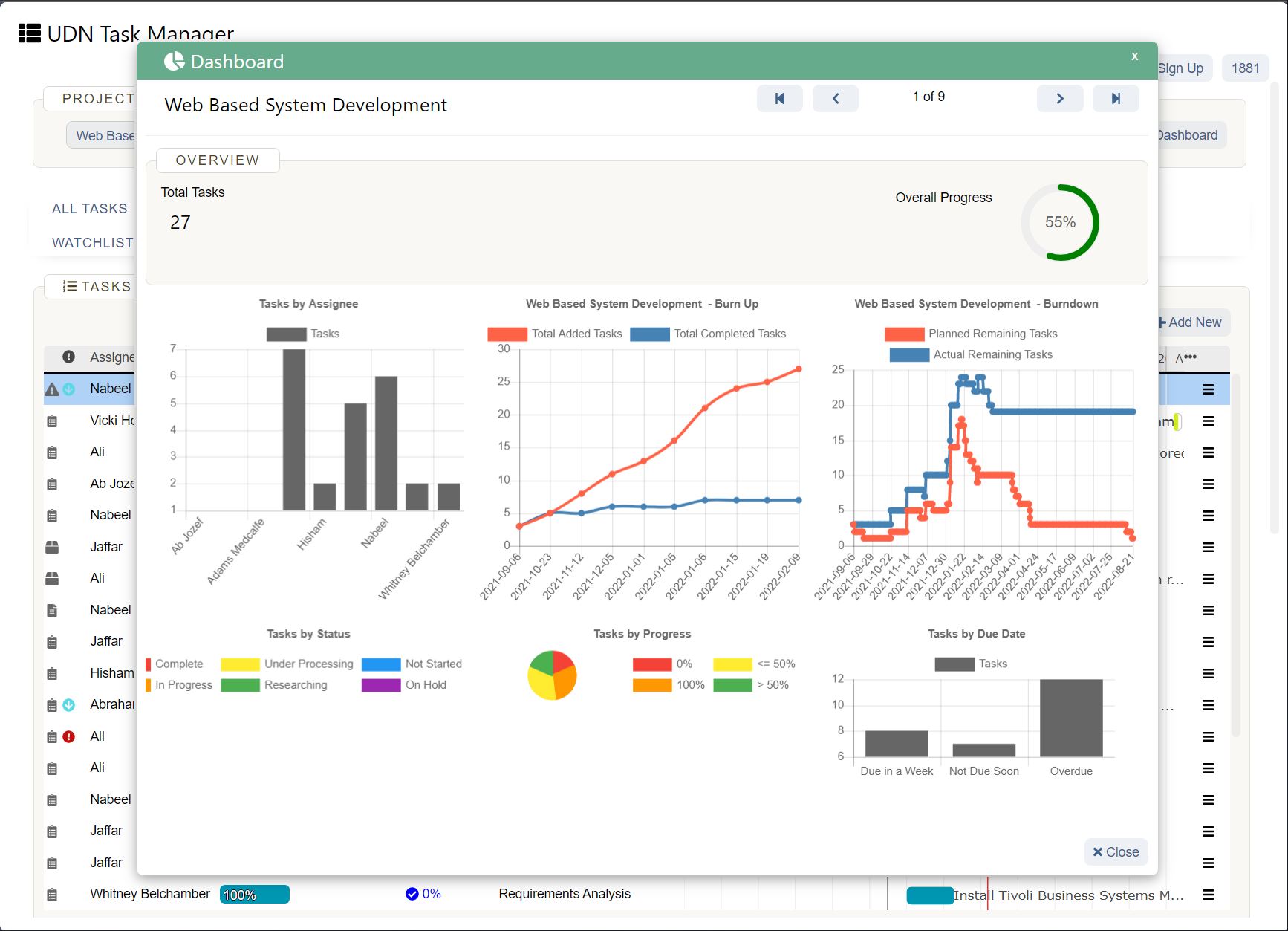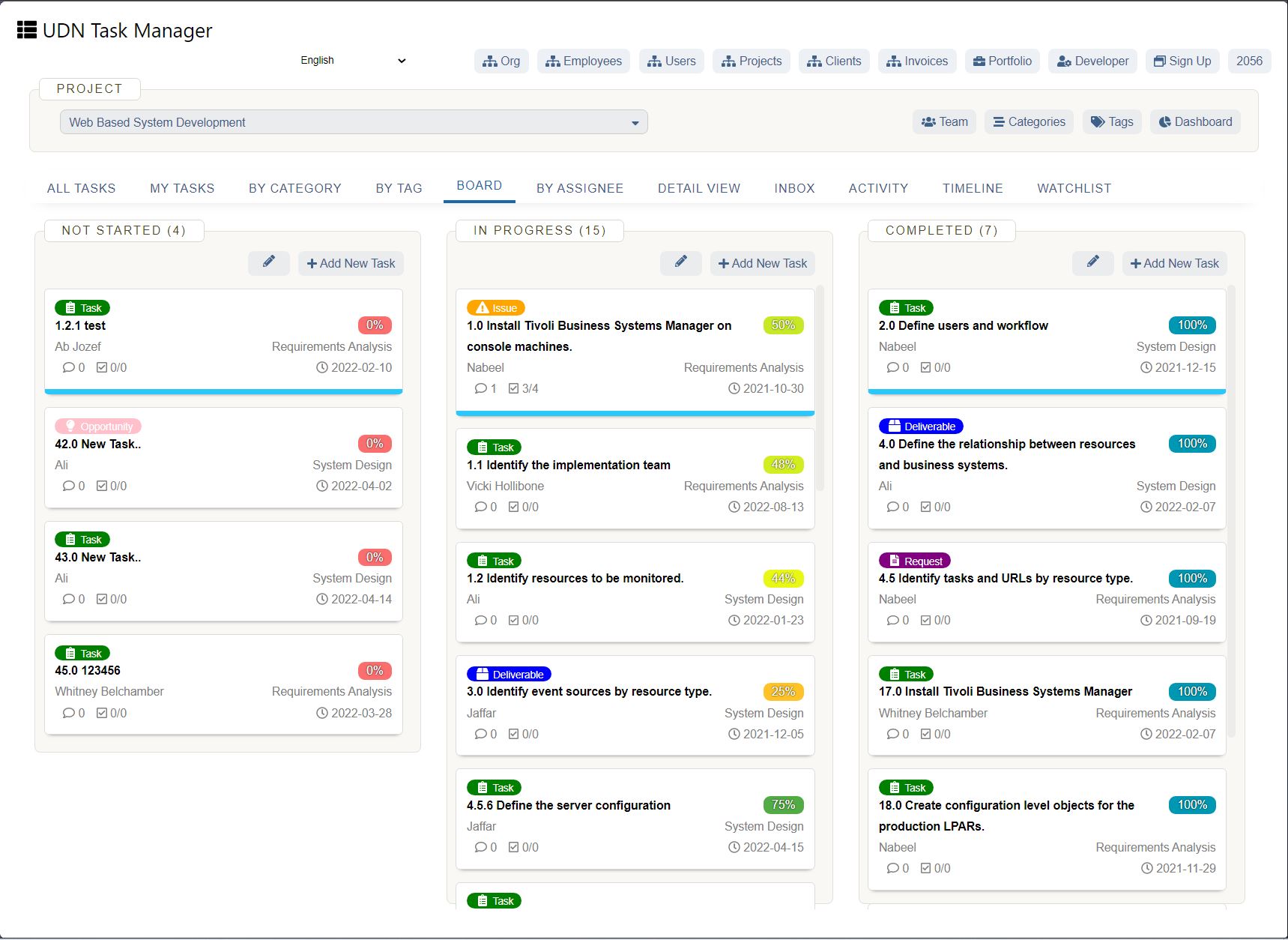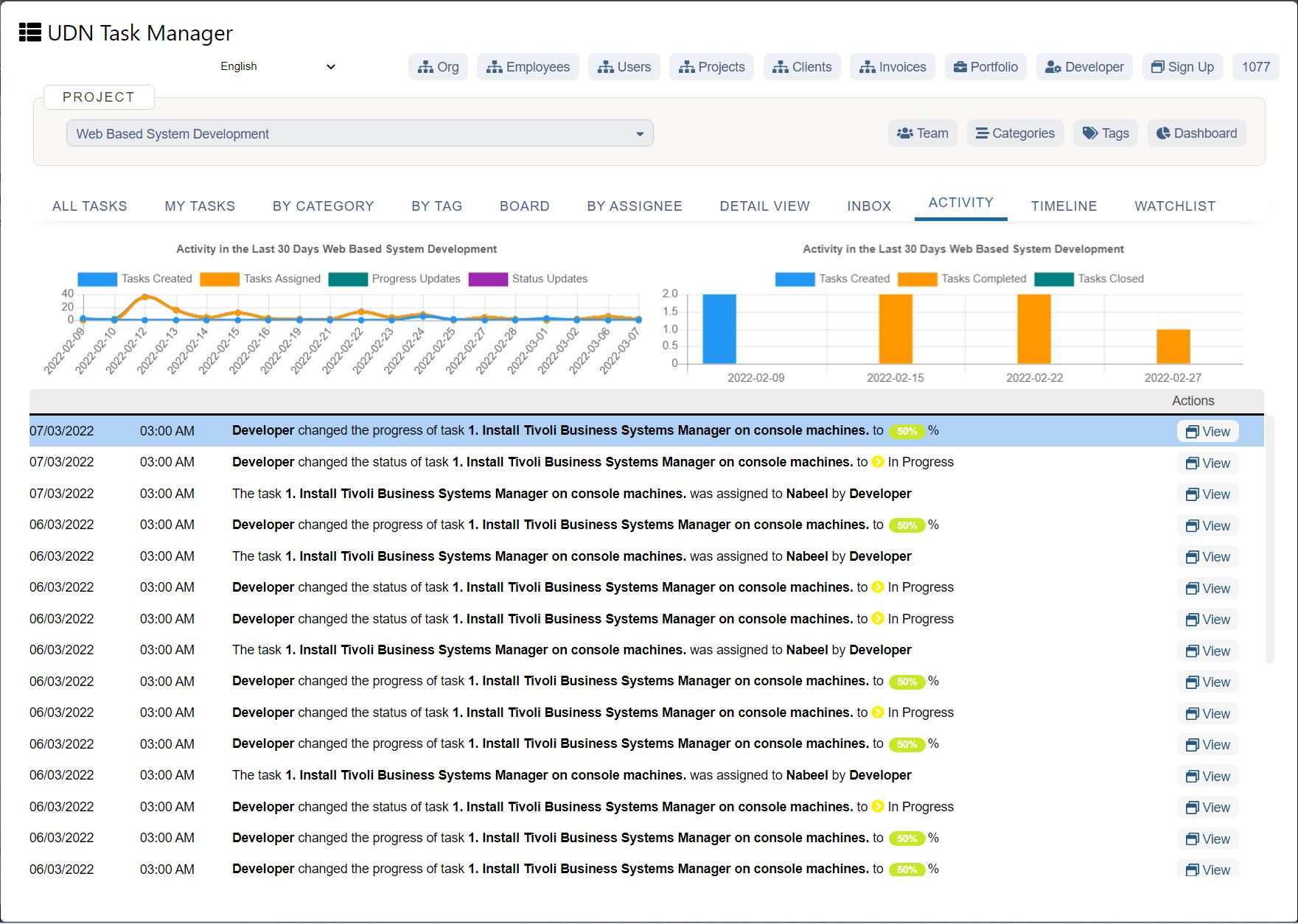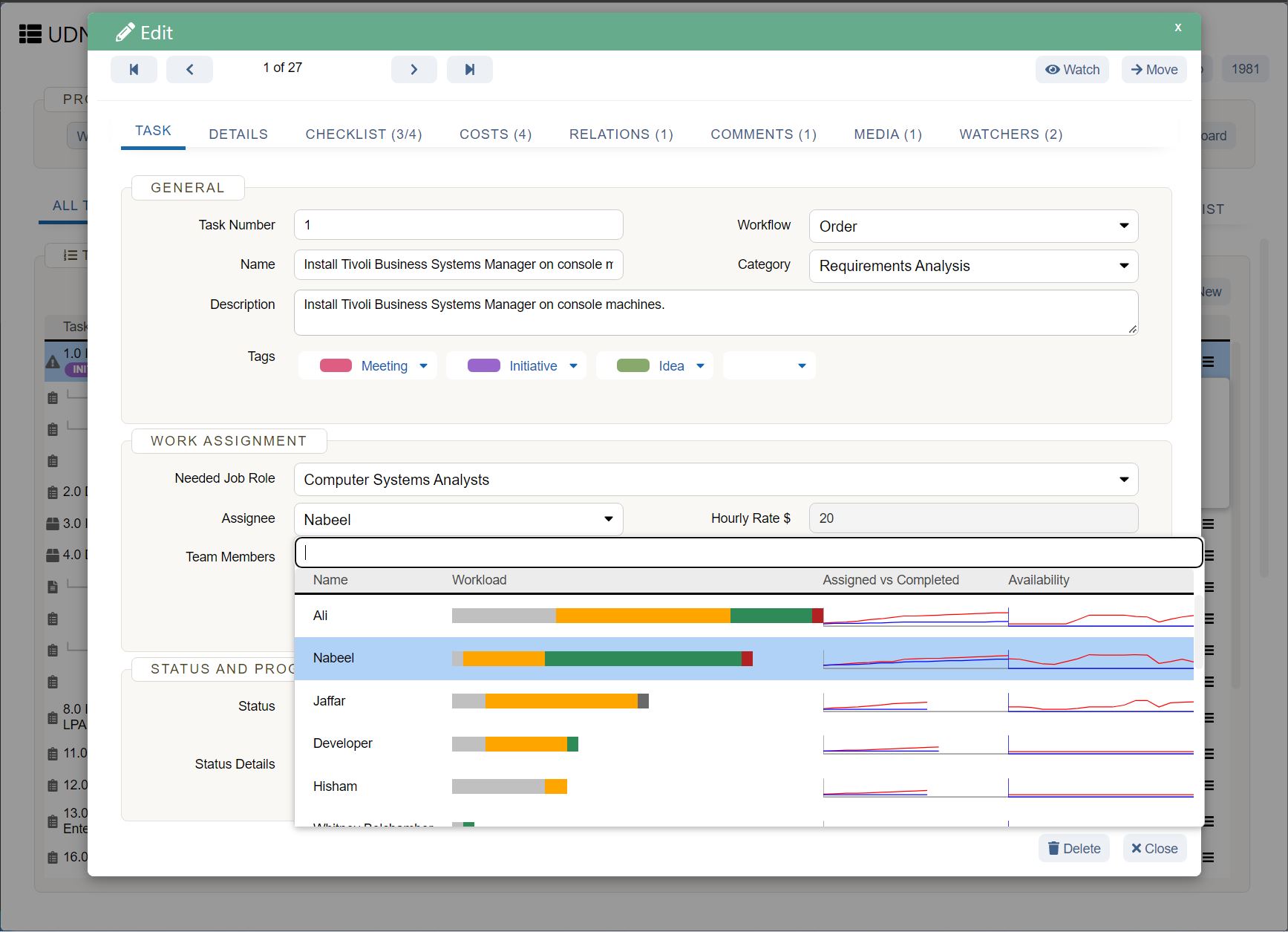Launch Your Startup in 22 Steps (Checklist + Resources)
It’s 3 AM and you’re staring at the ceiling yet again, absorbed in fantasies of developing your dream product and launching your very own business. If your idle thoughts automatically turn to prototypes and product designs, it’s time to start thinking seriously about founding your own company. But how do you turn an exciting idea into a functional, thriving business? Follow this step-by-step checklist to launch your startup and keep it running strong.
Lay the Foundation

Don't just chase the money; think about what makes you happy and what you're passionate about. What kind of life do you want to have? How will your business need to fit with your other responsibilities? Figure out your optimal work style and environment, what niche you want to target, your ideal business model and number of employees, and so on. Remember that doing what you love will bring out the best in you and your company!
Step 1. Identify & Research Your Market. It doesn't matter how amazing your product is if no one's willing to pay for it. Read: 10 Hot Industries for Tech Startups in 2015 ; How to Determine of There's a Market for Your Business Idea
Step 2. Design/Develop Your MVP. Create your Minimum Viable Product and determine initial pricing. Read: The Ultimate Guide to Minimum Viable Products ; How to Price Your Products
Step 3. Select a Business Structure. Sole proprietorship, partnership, LLC, corporation, non-profit...? Choose wisely, because the route you take will have legal and tax implications for your business. Read: Choose Your Business Structure
Step 4. Write a Business Plan. Include how your product addresses a specific need, how much money your business will need to make, your role in the company and any other members of your team, how you'll measure your success, and your exit strategy. Is your ultimate goal to launch franchises nationwide? To get acquired? To launch an IPO by a certain date? Read: 12 Steps to a Startup Business Plan (Infographic)
Step 5. Pick a Name. Start thinking about your brand and how you want customers to perceive your company. Read: How to Choose the Best Name for Your Business ; Free Logo Design Inspiration (eBook)
Step 6. Protect Your Intellectual Property & Assets. Register any patents, trademarks, copyrights, confidentiality agreements, and your domain name. Read: 10 Ways to Protect Your Intellectual Property
Find Advice & Support

No matter how brilliant you are or how inventive your product is, you can't start or run a successful business single-handedly. You'll need to make strong connections and find supporters who can help you navigate the wild startup world.
Step 7. Find a Co-Founder or Business Partner. The key isn't finding someone who thinks exactly the same way you do, but someone who complements your strengths and weaknesses. Read: How to Find the Perfect Co-Founder
Step 8. Find a Mentor or Supportive Community. You'll need a network of people who can support you, offer advice, and commiserate with your struggles. Read: 18 Top Networking Sites for Startup Founders (Infographic) ; 30 Startup Founders Share Their Entrepreneurship Advice
Get Funded

You have the perfect product and a genius team behind you. Now you just need the fuel to get your company off the ground. But raising such a large amount of money can be intimidating to say the least, and it can be far too easy to say yes to whatever funds anyone happens to offer you. Think very carefully about who you partner with financially and make sure it's a good fit!
Step 9. Decide the Right Funding Type for You. Bootstrapping, crowdfunding, business loans, VCs, Angel investors... weigh the advantages and disadvantages of different funding types before you decide which option to pursue. Read: 7 Ways to Fund Your Startup (Infographic) ; How 5 Famous Startups Got Funding
Step 10. Research & Identify Compatible Investors. Find out what opportunities each individual is typically interested in, so you can speak to those interests during your pitch. And remember, investors aren't just a source of capital — they're valuable business partners who can advise you on strategy and tactics. Read: Research Your Potential VCs
Step 10b. Research & Identify the Best Crowdfunding Platform. Not going the investor route? Or do you also want to lean on crowdfunding for your success? Compare each platform's fees, crowdfunding model, niche audience, and visibility before choosing. Read: Definitive Guide to Crowdfunding Sites (Infographic)
Step 11. Create Your Pitch Deck. Whether you're pitching Angel investors and VC firms, potential crowdfunding backers, or your parents, you'll need a compelling presentation to get people as excited about your company as you are. Read: Dos and Don'ts of the Startup Pitch: Expert Advice from 5 Famous Investors ; Perfecting Your Startup Pitch Deck: 3 Essential Links
Tackle Logistics

The pieces of your new company are falling into place. Now you've got to make it official, and that means a lot of paperwork. Between registering with the IRS, getting your legal documents in order, and setting up your bookkeeping, there are a ton of details to cover. Follow these steps to make sure all your bases are covered.
Step 12. Find Your Support Team. You'll need to find a lawyer, open a business bank account, take out insurance, and may want to hire an accountant or realtor as well. Make sure whomever you hire has experience working with entrepreneurs and understands their needs. Read: When to Hire a Bookkeeper or Accountant ; The Ultimate List of Legal Resources for Startups
Step 13. Make it Official. Register your business name, get an Employer Identification Number , and acquire the necessary business permits & licenses. Read: How to Register Your Small Business in Five Steps
Step 14. Become a Real Boss. Workplace safety regulations, Equality Act compliance, disability resources, work authorization for non-US citizens, and more: understand all the details of your legal obligations towards your employees. Read: US Department of Labor Employment Law Guide ; US Small Business Administration Guide to Hiring Your First Employee
Hire Your Team

The quality of your people ultimately equals the quality of your business and your product, so take your time and find the right mix of talents and personalities. And most of all, find people who are just as passionate about your industry and customers as you are.
Step 15. Build a Great Team. Don’t just stop at hiring great people — make sure the culture and perks are in place to keep them around. Whether it’s gym memberships, free lunches, or flexible hours, ask your team what they want and then find ways to recognize and support them. Read: 5 Effective Hiring Tips for Early-Stage Startups ; Company Culture: Why it Matters and How to Get it Right
Step 16. Find an Office. Once you outgrow your garage, you'll need an official office space for your thriving team. Read: How to Know Your Startup is Ready for an Office ; How to Find the Right Office Space
Market & Sell

Now that you've laid the groundwork, it’s time to get the word out! With so many other products competing for your customers' attention, you'll need to find an effective marketing strategy to cut through the noise and distinguish yourself from competitors.
Step 17. Establish Your Brand. What is your company about? What sets you apart from competitors, and how will you communicate that to customers to earn their loyalty? Think about personality and purpose when crafting your brand. Read: 10 Ways to Build a Brand for Your Small Business
Step 18. Research & Create Detailed Customer Personas. How old are your target customers? How much money do they make? Where do they live? What do they do for fun? What are their daily habits? What media outlets command their attention, and who influences their decisions? Read: Template: How to Create a Buyer Persona and Journey
Step 19. Create a Strategy. How will you engage your audience? Experiment with different ways of reaching your target customers and capturing their attention. Read: Two Weeks to a Startup: Develop Your Marketing Plan
Make Success Sustainable

You've built something incredible, even if it feels like it's all held together with popsicle sticks and duct tape. Now you need to help it grow and thrive. Beware of growing too large too quickly, or you'll stretch yourself and your resources too thin. But being too conservative is risky too, since you chance missing out on a once-in-a-lifetime opportunity.
Step 20. Learn from Others' Mistakes. If you're thinking of launching a business, you're probably well aware of the scary stats surrounding business failure. One of the best ways to keep your startup growing strong is to identify the biggest threats to your business. Read: 10 Reasons Startups Fail (Infographic)
Step 21. Find Tools to Run Your Business. Startup life is chaotic, but the right tools can help you stay on top of all your work and make sure everything runs smoothly. Read: 25 Online Tools to Run Your Startup
Step 22. Learn to Lead. You find yourself the head of an exciting new venture — but that doesn't mean leadership comes naturally to you. The decisions you make and the tone you set for your teams can make or break your company, so don't disregard soft skills and leadership tips as irrelevant or low-priority. Read: 7 Deadly Sins of Bad Startup Leaders ; 15 Books All Managers Should Read
Are you ready to take the leap?

We've been there ourselves, so we know how exciting and challenging startup life can be. Read the UDN Task Manager story to find out how we overcame those typical startup hurdles.
Happy founding!
Sources: StartupNation.com











